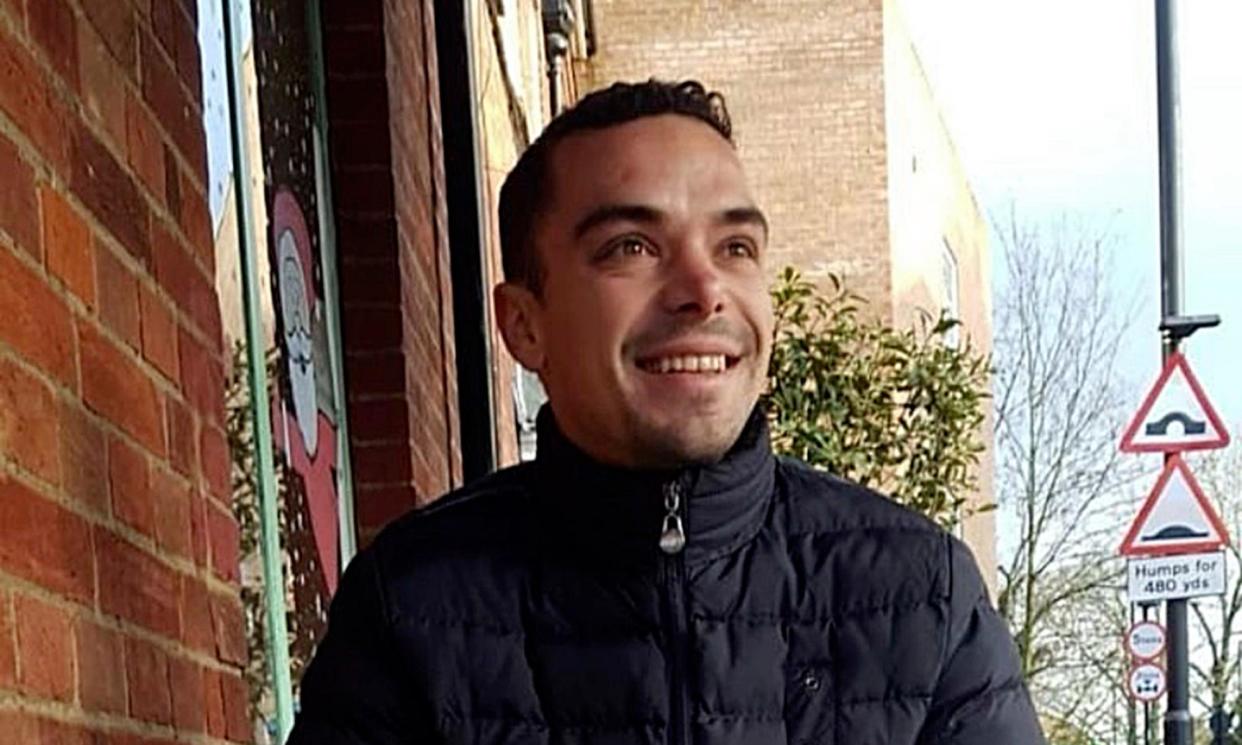Home Office admits it does not tell families when asylum seekers die in its care

The Home Office has revealed it does not routinely inform family members when asylum seekers die in its care and does not want to supply details of these deaths publicly in case it upsets them and “endangers their mental health”.
The disclosure comes at a time when there have been 176 deaths from all causes since 2020 and a doubling in the number of suicides over this period with at least 23 people taking their lives.
In 2022, 46 people died in Home Office accommodation, more than double the 19 who died in 2021. NGOs have recently warned that asylum seekers are at particularly high risk of suicide in part due to Home Office policies such as the introduction of mass accommodation sites such as Wethersfield in Essex and the Bibby Stockholm barge in Portland, Dorset.
The Home Office has confirmed it is making less information about these deaths available than it did previously.
The information about the practice of not notifying loved ones of deaths has emerged in a ruling against the Home Office by the Information Commissioner’s Office (ICO).
The Civil Fleet, a news blog that focuses on support for refugee rescue and support missions across Europe, regularly applies for data about asylum seeker deaths under freedom of information rules.
The Home Office provided information that there had been five deaths in its accommodation between January and June last year, with one confirmed as suicide. But it refused to provide other details such as age, gender and nationality, citing a section of the Freedom of Information Act giving the right to withhold information if likely to “endanger the physical or mental health of any individual” or their safety.
The Civil Fleet appealed to the ICO who has ruled that the Home Office must disclose the missing details by 4 April or risk being in contempt of court. The Home Office has the right to appeal against the ruling.
In its ruling, the ICO said the Home Office had explained to it that when someone died in asylum accommodation it was not standard practice to locate or contact the next of kin. If relatives instead worked out that their loved one had died as a result of an FoI disclosure there was a risk of endangering the mental or physical health of family members, it said.
The Home Office admitted there was no actual evidence of a causal link between previous disclosures and this endangerment. It added that in the spring of 2023 there was a reconsideration of disclosure of information relating to “high profile notifications” in relation to asylum seekers.
The family of Leonard Farruku, who is believed to have taken his life on the Bibby Stockholm barge in December 2023 told the Guardian the Home Office had not informed them of his death.
Deborah Coles, the director of Inquest, a charity providing expertise to bereaved people on state-related deaths in England and Wales, said: “The levels of obfuscation and denial from the Home Office are unparalleled across any other public body. They show utter contempt for people who die in their care and their families. There is clear disregard for their legal and moral responsibility.”
A Home Office spokesperson said: “Any death in asylum accommodation is tragic and will always be subject to investigation by the police and coroner. When next of kin should be contacted, this will be done by the relevant authority.
“The Home Office work continually to ensure the needs and vulnerabilities of those residing in asylum accommodation are identified and considered, including those related to mental health and trauma. We are disappointed with the ICO ruling and will be considering next steps.”
• In the UK and Ireland, Samaritans can be contacted on freephone 116 123, or email jo@samaritans.org or jo@samaritans.ie. In the US, you can call or text the National Suicide Prevention Lifeline on 988, chat on 988lifeline.org, or text HOME to 741741 to connect with a crisis counselor. In Australia, the crisis support service Lifeline is 13 11 14. Other international helplines can be found at befrienders.org


